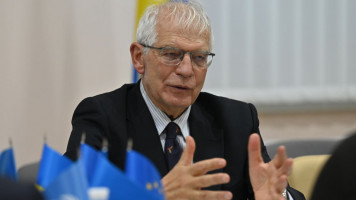Iranian oil exports likely to rise rapidly if nuclear deal restored
Additional oil exports from Iran will likely be rapid and in significant quantities, should the Iran nuclear deal be restored, according to media reports.
Iran could soon sell millions of barrels of crude held in stock, according to figures knowledgeable about oil, Reuters reported on Monday.
Iran has been readying its stock for this eventuality, they highlighted.
Ongoing discussions aimed at securing a return to the Joint Comprehensive Plan of Action (JCPOA), also known as the Iran nuclear deal, stopped on Sunday.
This followed ultraconservative Ebrahim Raisi's winning the presidency. It is thought this stoppage will last for about 10 days, two diplomats told the agency.
When former President Donald Trump withdrew Washington from the agreement in 2018 he reimplemented restrictions on the Iranian economy, including the oil sector.
This had a significant impact on the nation's exports, Reuters noted.
Figures with Iran's ministry of petroleum said that if restrictions are removed the country aims to boost oil production from 2.1 million barrels a day to 3.8 million.
This would be a rise of over 80 percent, though it would not be achieved instantly, given long-term cuts to production and development caused by the restrictions.
In the meantime, the National Iranian Oil Company (NIOC) is thought likely to sell already made stock, oil experts said.
Iran could, therefore, send out 1 million additional barrels a day for over half a year, a figure that equates to around 1 percent of current international usage.
Energy consulting firm FGE's Middle East managing director Iman Nasseri explained: "Iran will be using its nearly 60 million barrels of crude inventory, of which 30-35 million barrels are built during the past two years, within a few months of sanctions removal."
Despite this being likely to hit the price of oil, it won't necessarily damage the aspirations of other regional oil producers.
Industry data firm OilX's CEO Florian Thaler told Reuters: "From a macro perspective, a return of Iranian barrels to the market should not derail OPEC+ intentions to gradually increase production as long as demand in Europe and the United States continues to recover."
OPEC+ is the Organization of the Petroleum Exporting Countries and allies, a potent oil cartel whose dominant members include Saudi Arabia.
Iran, as well as the UAE, Iraq, Kuwait and others are also involved.
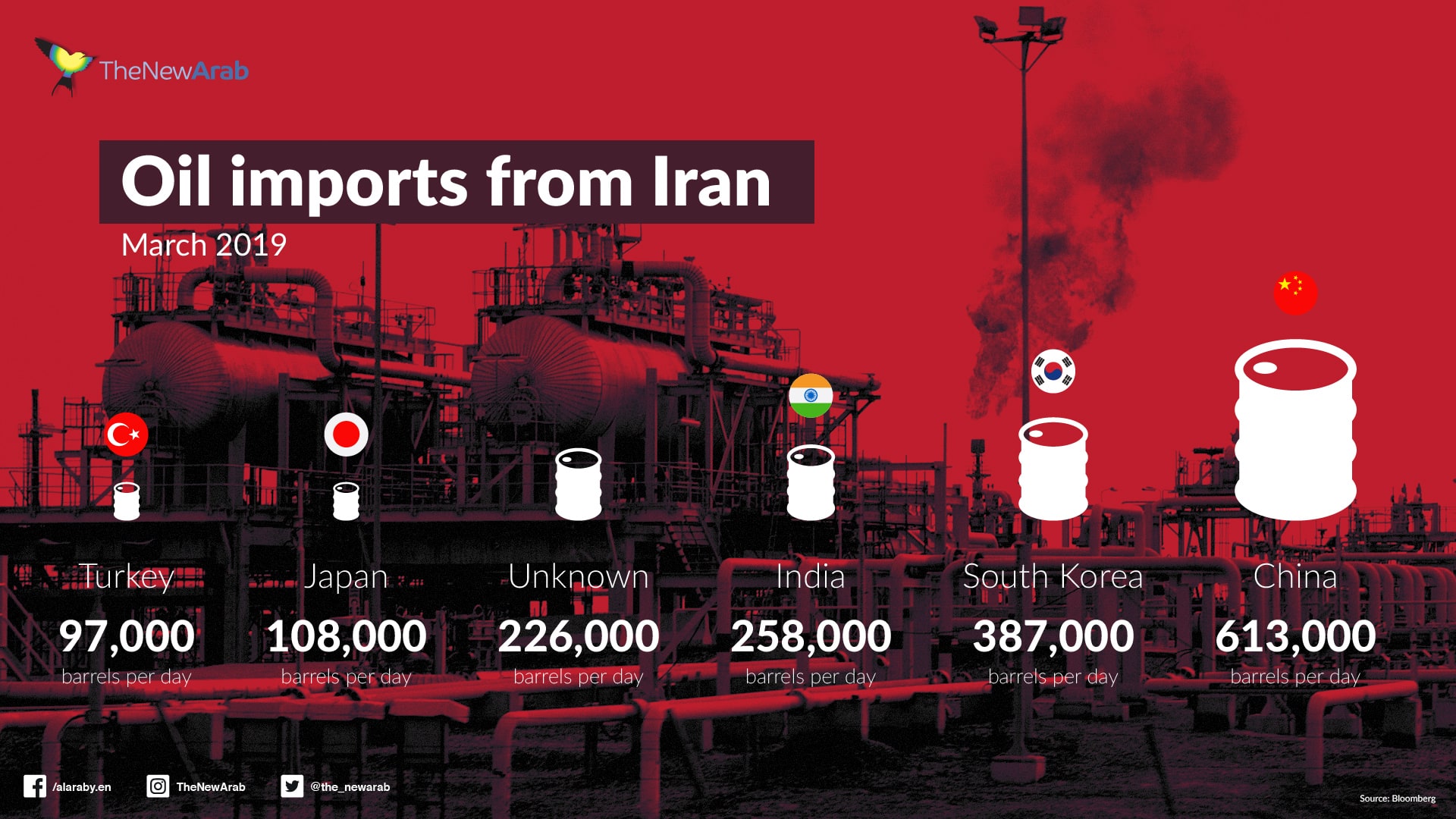 |
Tehran has increased the quantity of oil it has kept on board tankers, analysis company Kpler said.
Kpler senior analyst Homayoun Falakshahi noted: "We currently estimate around 78 million barrels of oil and condensate are stored on water and this compares against only 41 million barrels at the same time last year".
Falakshahi continued: "A lot of tankers are already parked close to East Asian markets, so it could be a question of days".
Asia has traditionally been the most significant buyer of Iranian oil.
The ongoing Iran nuclear deal talks are taking place in Vienna, the Austrian capital.
The UK, China, Germany, France and Russia have been meeting with Iran while the US' participation has been indirect.

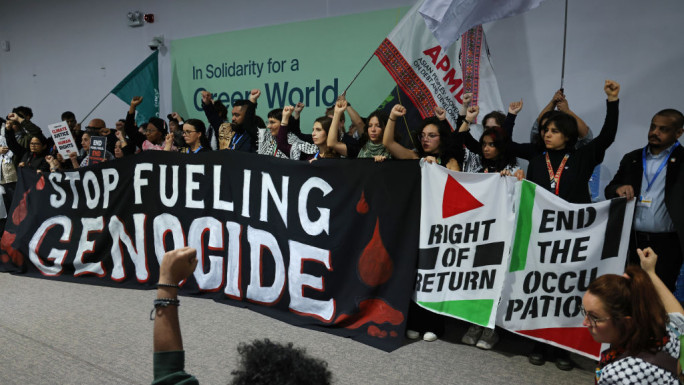
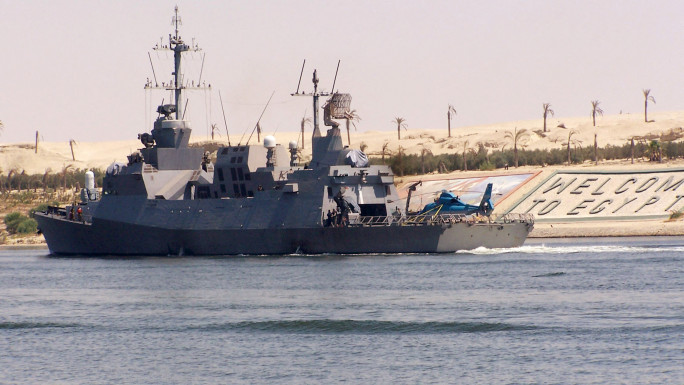
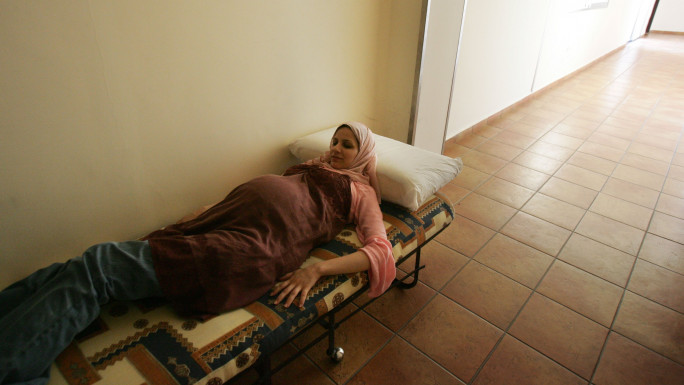
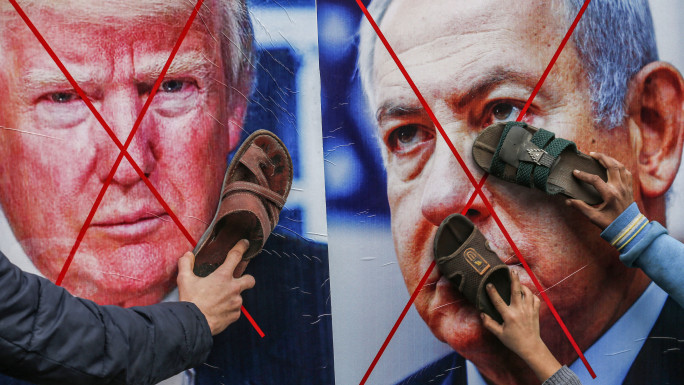
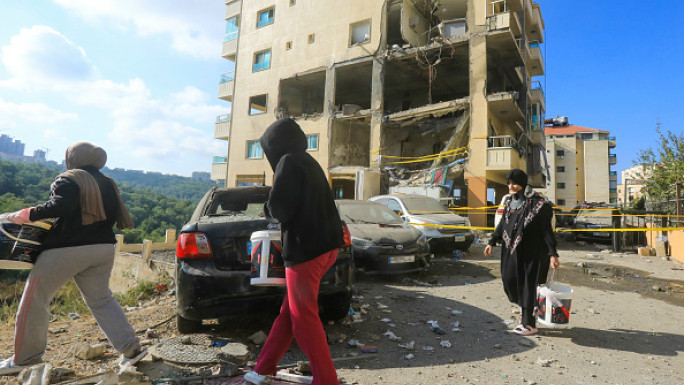
 Follow the Middle East's top stories in English at The New Arab on Google News
Follow the Middle East's top stories in English at The New Arab on Google News
![Gazans reel after Israel strike [Getty]](/sites/default/files/styles/image_330x185/public/2183300682.jpeg?h=a5f2f23a&itok=fN-GAQGE)

